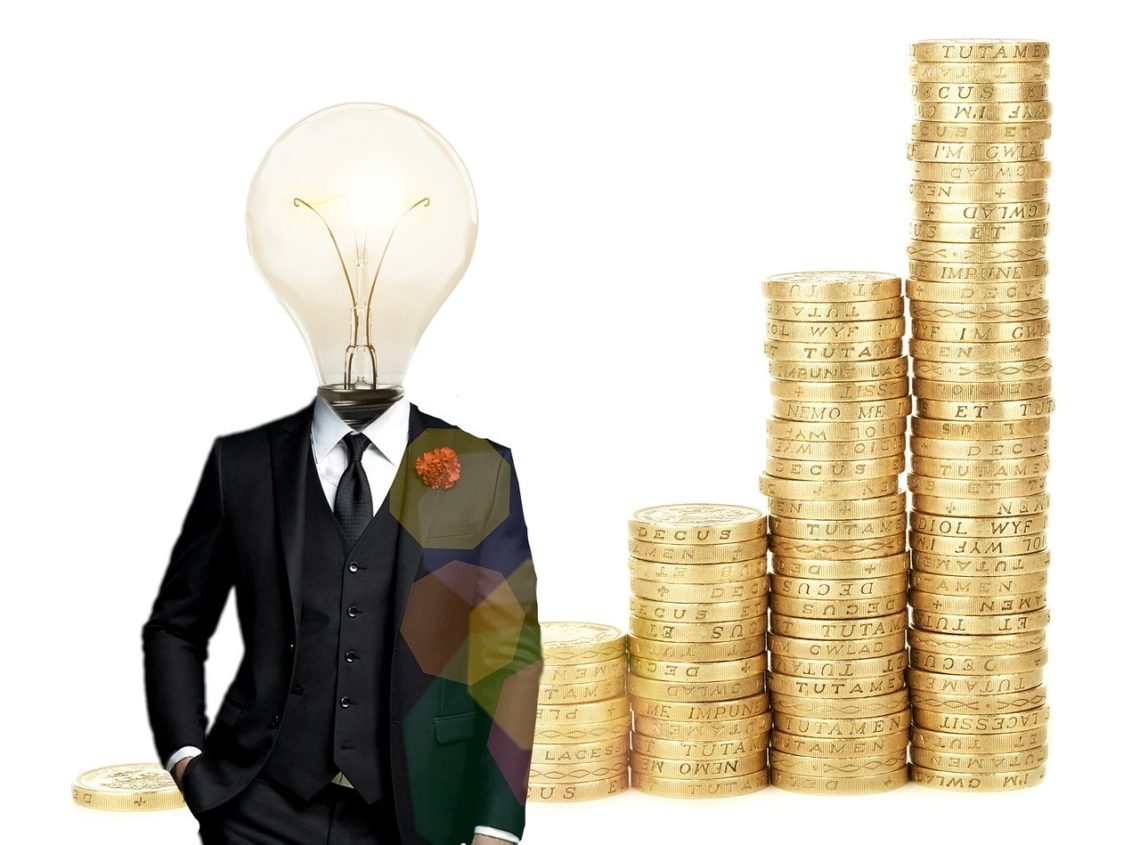- Blockchain Technology manages ESG (Environment, Social and Governance) issues primarily across domains of supply chain transparency, data protection and energy efficiency.
- A Forbes report highlights how outsources research on ESG to professionals and thereby invests in funds with a sustainable focus.
- Another effort in the climate & accounting Special Interest Group in Hyperledger to setup utility emission channels will use public eGrid data, published by the EPA.
Living amidst a pandemic, it doesn’t come as a surprise when of more and more Environment, Social and Governance (ESG) rated companies, or those dealing with the environment, social and governance issues are making appearances across investment portfolios. Additionally, as Finboot CEO and co-founder Juan Miguel Pérez points out, ESG responsibility and the positive societal impact that follows is going to play a big role in the future of Blockchain in an enterprise.
Blockchain and ESG goals
Van Hoek and his colleague Mary Lacity, the Walton professor of information systems and director at the Blockchain Center of Excellence at the University of Arkansas, Walton College of Business also root for the power of Blockchain in the Harvard Business Review, highlighting its potential as perfect for verifying, securing and sharing data, and ideal for managing multiparty, inter-organizational, and cross-border transactions.
COVID-19 has witnessed massive disruptions across international supply chains, which have led to shortages of supplies and panic buying among the public. A Van Hoek and Lacity pointed out, Blockchain solutions that have been under development for years have been revamped to address these challenges.
Sustainable Crypto Investment
A Forbes report highlights how outsources research on ESG to professionals and thereby invests in funds with a sustainable focus, the responsibility of choosing which is often placed with MCSI and Sustainalytics [MS1] to choose the portfolio companies. Interestingly, some of these proposals use the Blockchain to secure the truths about the business attested by programmatic or other verifiable metrics. For instance, for carbon emissions and other types of activities that could cause environmental damage, independent auditors and public data can establish higher degree of transparency gap for better objectivity.
The IWA has created a Carbon Emissions Token that includes several measurements and assertions, which would normally be on the Blockchain enabling users who issue and monitor the token to assert measurements.
Data transparency
Another effort in the climate & accounting Special Interest Group in Hyperledger to setup utility emission channels will use public eGrid data, published by the EPA, along with the customer’s utility bills to calculate the emissions commensurate with their energy consumption. It is of utmost importance to rate enterprises on their emissions profile and makes uses of Blockchain to capture necessary information from multiple parties. All of this point to the original use case for the Blockchain to be a set of documents with unmatched integrity and authenticity.
Is Blockchain best for Sustainable Future of Global Corporates?
The list of top global organisations embracing Blockchain to score high on ESG factor is only growing with time. Finboot, a Blockchain as a service (BaaS) company, boasts of oil giant Repsol in its clientele, which last year invested in the company in exchange for an 8% stake. Services provided include tracking, recovery, and recycling of the energy giant’s products and tracking of levels of primary and secondary raw materials used. The use of Blockchain technology also means saving up a minimum of $400,000 annually.
Moving on to the renewable energy sector, ACCIONA, a Spanish renewables company, recently announced its future use of platform ClimateTrade to leverage Blockchain for transacting carbon credits between generators and purchasers in a carbon offsetting mechanism.
Supported by the Swiss government, Water and Electricity Works Walenstadt (WEW) is also managing a Blockchain local electricity market where participants could buy or sell solar energy.
The World Wide Fund for Nature (WWF) too, has launched a similar Blockchain platform for food production supply chains to increase sustainable food sourcing and enable consumers to trace products.
In the recycling sphere, Dell has collaborated with VMware to implement tracking of recycled packing material for better accessibility for customers, while Blockchain platform Depopsy is using DLT and cryptocurrency to help people follow an active approach to recycling. With this scheme, plastic waste collection for recycling is payable through vending machines and QR codes for a tiny sum.
Blockchain Technology is increasingly being used to tackle ESG risk management primarily across domains of supply chain transparency, data protection and energy efficiency. Considering regulatory and operational risks are taken care of, sustainability will play a significant role in shaping up the future of Blockchain in days ahead.


 Home
Home News
News










